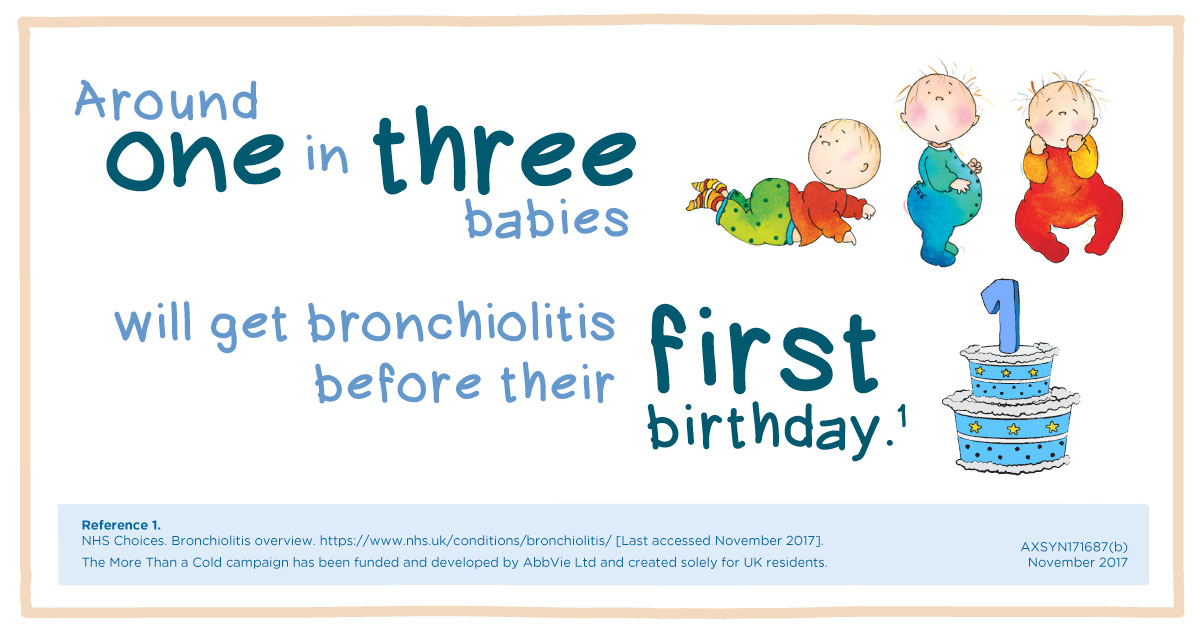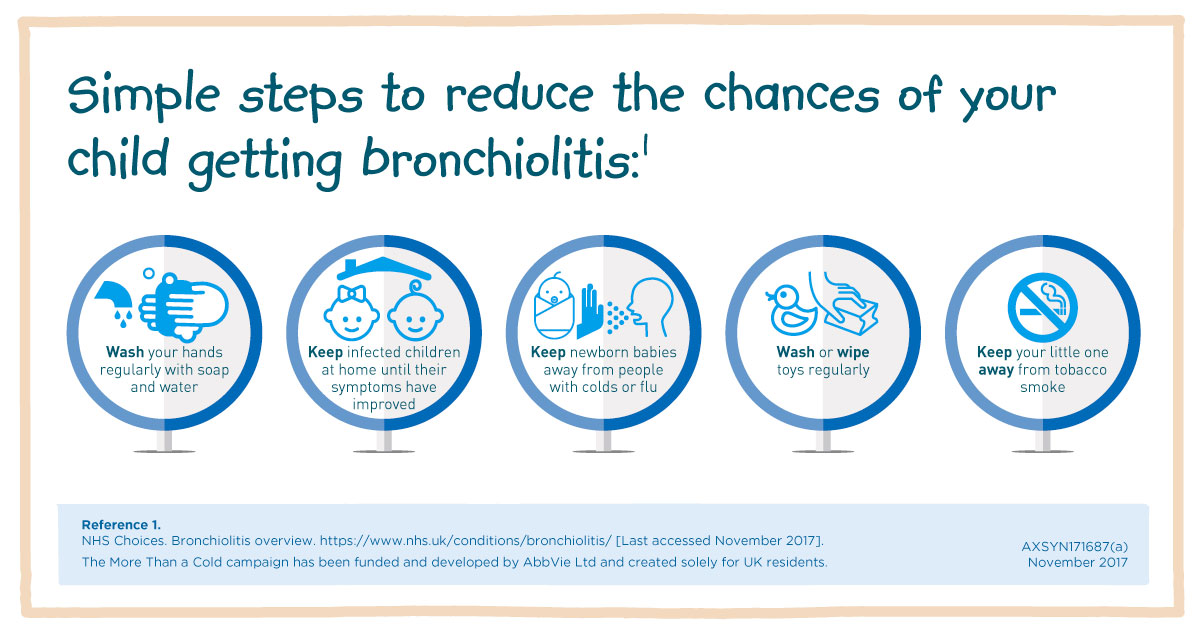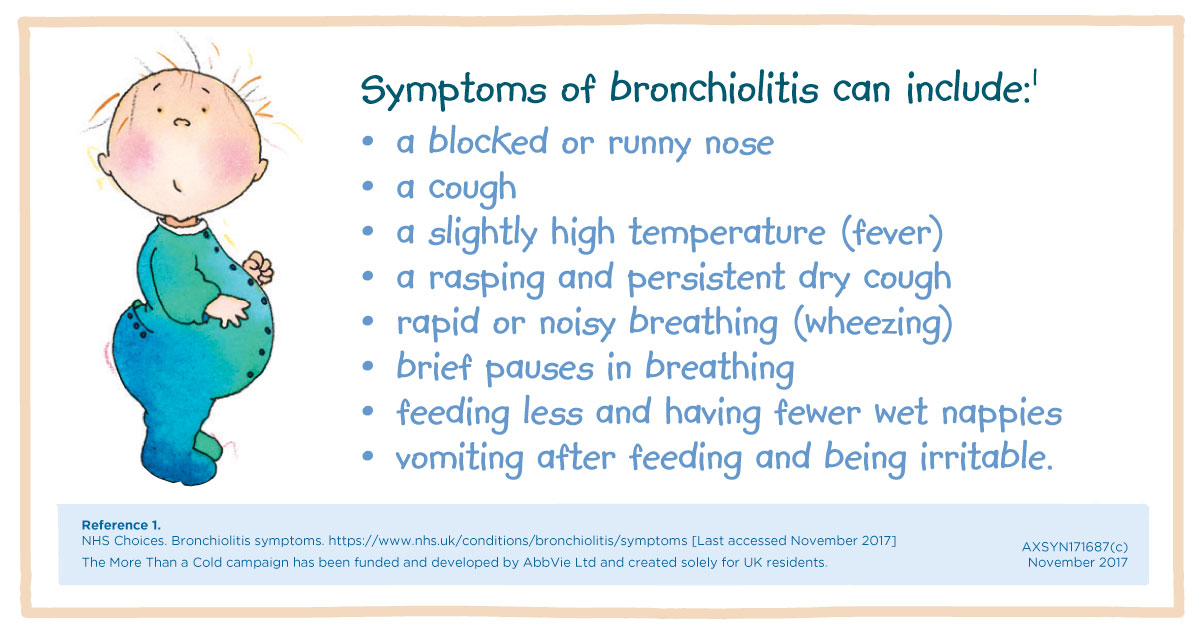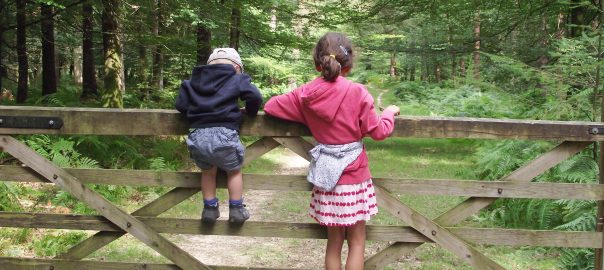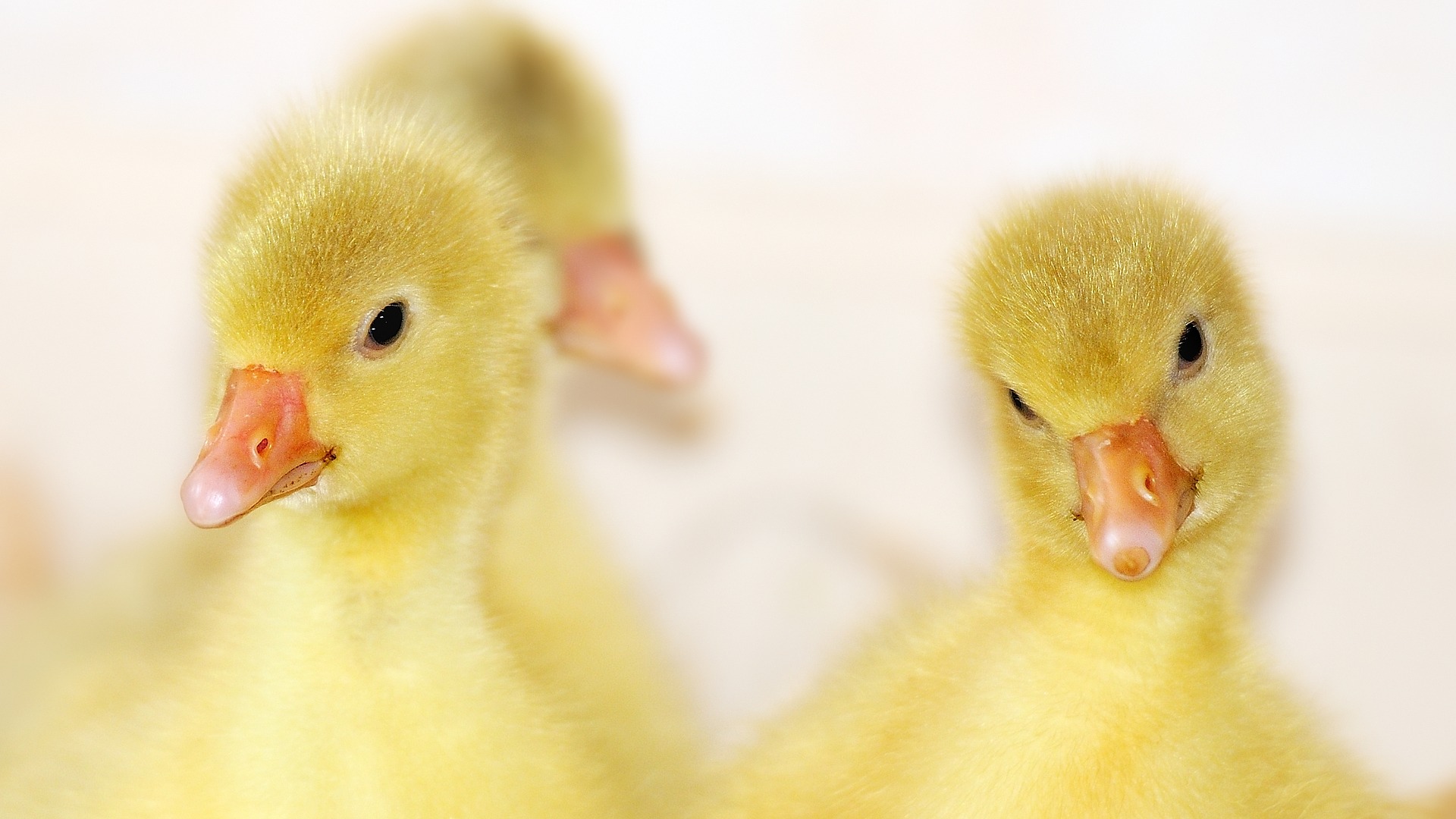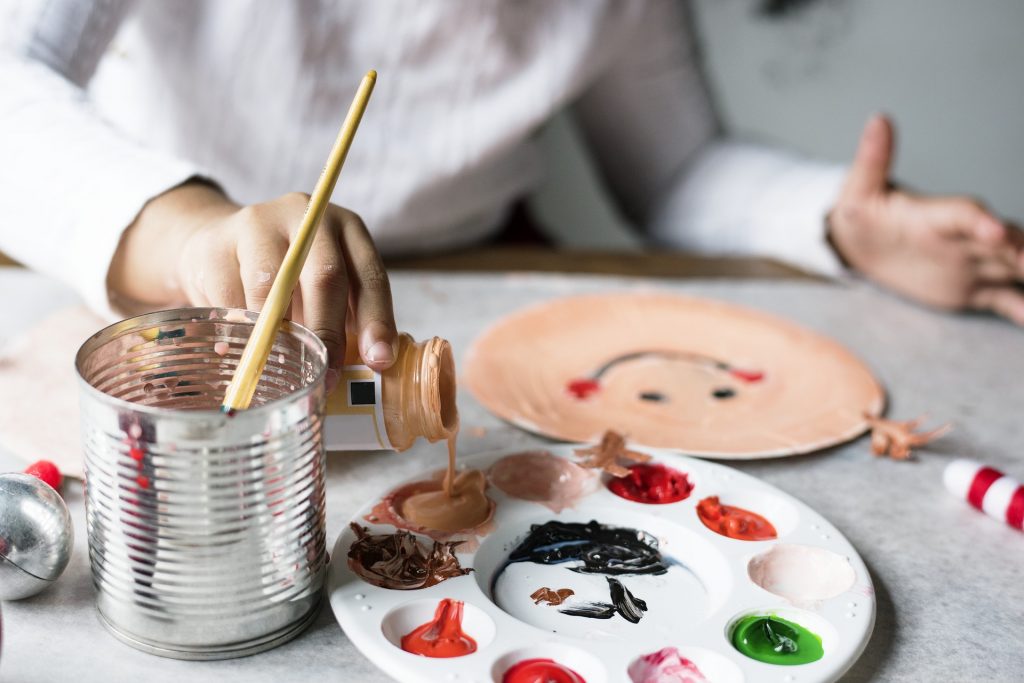Is the winter gloom getting you down? Are you feeling stressed, tired and fed up? Try doing these things more often to help improve your overall health and well-being.
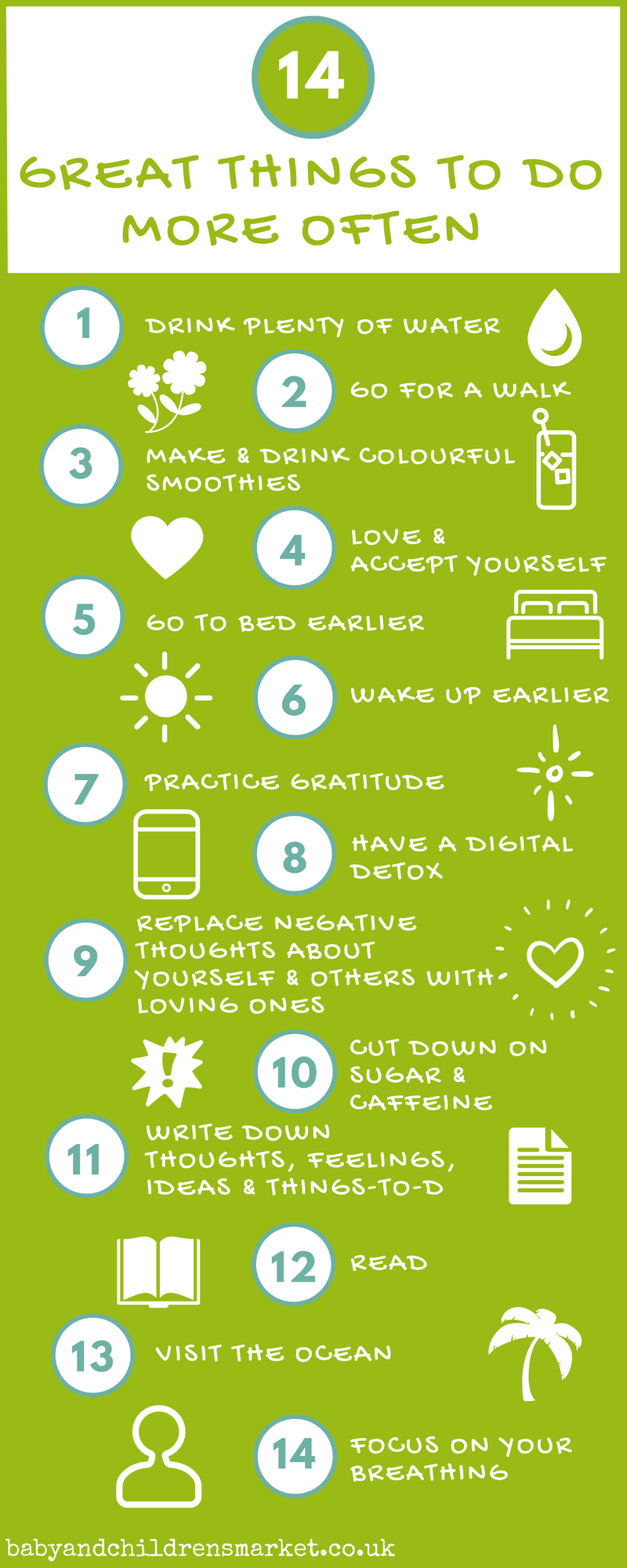
1. Drink plenty of water
Experts recommend we drink 2 litres of day and with good reason. Being dehydrated causes tiredness, headaches, constipation and can often make us feel unnecessarily hungry. Our bodies are 6o% water and H2O plays such a vital role in keeping our organs functioning, carrying away waste and keeping our temperature regulated.
So next time you reach for a can of fizzy drink or a cup of tea, try and substitute it for a pint of water. You’ll soon see the difference in your energy levels and mood.
2. Go for a walk
Walking is a great from of gentle exercise for everyone, especially mums with prams and buggies.
A good long walk while listening to some uplifting tunes will never fail to help you clear your head and get your blood pumping.
3. Make and drink colourful smoothies
Do you suffer from the late afternoon energy slide? After a full-on day of work, chasing round after the kids and housework it’s easy to see why.
When you feel your eyelids starting to stick together, whip up a colourful smoothie to help your body recharge. Adding bananas, berries, citrus fruits, leafy greens, nuts and seeds will give you a well needed energy boost and help you feel more human for the rest of the day.
Check out this great selection of energy-boosting smoothies.
4. Love and accept yourself
This one can be easier said than done. However, constantly criticising yourself and wishing you were someone else is a waste of time and energy. Talk to yourself as you would talk to a friend because you would probably never say the things you tell yourself to a friend in need.
Be your own best friend by loving and accepting yourself more often and turn off the inner critic. Self-criticism does you no good at all.
5. Go to bed earlier
In our busy lives of work and childcare, staying up late may be the only way to get some precious time to ourselves. However, shuffling off to bed after midnight to grab only five or six hours sleep can be detrimental to your health. Try going to bed an hour or two earlier and give your body the rest it needs.
6. Wake up earlier
Going to bed earlier may enable you to wake up earlier and begin your day in peace and tranquillity before everyone else gets up and wants a piece of you. In fact, many successful people report that they wake up early in order to start their days on the right foot.
Many of us feel absolutely exhausted by the time evening comes round, so waking up early may be the only way to make time for exercise, hobbies or relaxation.
7. Practise Gratitude
It’s easy to focus on the things we lack and endlessly worry about what may or may not happen. However, by appreciating all the good things in our lives and saying thank you for them on a regular basis, our happiness levels start to increase and we worry less.
Plenty of research has shown that people who take time out to be grateful for the little things are happier. Read The Magic by Rhonda Byrne in order to fast track your way to the attitude of gratitude.
8. Have a digital detox
Turning off mobile phones and tablets for a few hours per day will give you a well-needed break from endless notifications, emails and social media activity. It’s refreshing to just be present with your kids, friends or partner without the digital interruptions. Do you remember the time before we had all this technology? We focused more on the people in front of us instead of forcing them to share our attention with a screen.
A digital detox doesn’t have to be severe. You could just start with 30 minutes a few times per day and build on it from there.
9. Replace negative thoughts about yourself and others with loving ones
Again, easier said than done but hugely beneficial to your own well-being if you can manage it. As Roald Dahl said in The Twits, ‘If you have good thoughts it will shine out of your face like sunbeams and you will always look lovely.’ Plus you will always feel lovely. Positive thinking is certainly the way forward.
10. Cut down on sugar and caffeine
When in the thick of the 3pm energy slump, it’s very tempting to reach for more coffee and a sugary snack to help you out of the fog. Sure, you’ll get the required energy boost but it won’t last for long.
By cutting back on the caffeine and sugar and replacing them with water, healthy snacks and fruit, your energy levels will greatly increase.
11. Write down thoughts, feelings, ideas and things to do
Having a good brain dump – emptying the contents of your mind onto paper – will help you focus and gain clarity. By making a to-do-list each morning, your daily burden of tasks will seem far more achievable (read this great post on bullet journaling if you’re considering giving it a try).
Writing down feelings and ideas can help make sense of them and make your brain feel less cluttered (and let’s be honest we could all benefit from a less busy mind).
12. Read
Switching off the TV and getting absorbed in a good book is a great way to broaden your mind and find new interests. Nothing beats snuggling under a blanket with a hot drink and reading a good book.
13. Visit the ocean
There are a whole host of seaside health benefits. The sea air helps promote a better night’s sleep and the lull of the waves aids with relaxation. If you can visit the ocean more often, it’s guaranteed to help you feel a greater sense of peace and calm.
14. Focus on your breathing
If you don’t have the time or inclination to meditate, just focusing on your breathing for a short while can be hugely beneficial.
When you feel stressed or the kids are driving you crazy, stop and take a few deep breaths while focusing on the rise and fall of your chest. It’s such a simple thing to do but it has so many benefits.
A Tibetan monk recently talked to the Huffington Post about how meditation doesn’t have to take up prolonged periods of time in How You Can Meditate Anytime, Anywhere. All you need to do is focus on your breathing for a few moments – it really is that simple.
Aimee Foster is a mum, freelance writer and social media manager, bookworm and sea lover. Find more of her ramblings over on her blog, New Forest Mum.



